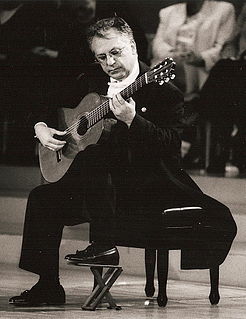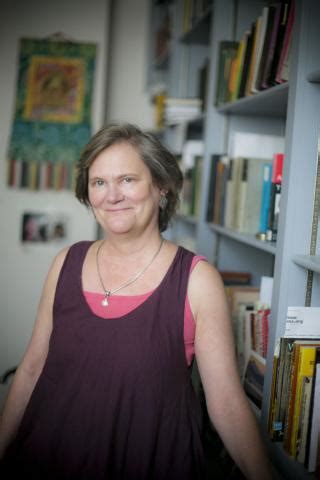A Quote by Albert Camus
The desire for possession is insatiable, to such a point that it can survive even love itself. To love, therefore, is to sterilize the person one loves.
Related Quotes
Feuerbach ... recognizes ... "even love, in itself the truest, most inward sentiment, becomes an obscure, illusory one through religiousness, since religious love loves man only for God's sake, therefore loves man only apparently, but in truth God only." Is this different with moral love? Does it love the man, this man for this man's sake, or for morality's sake, for Man's sake, and so-for homo homini Deus-for God's sake?
What Music expresses is eternal, infinite, and ideal; she expresses not the passion, love, desire, of this or that individual in this or that condition, but Passion, Love, Desire itself, and in such infinitely varied phases as lie in her unique possession and are foreign and unknown to any other tongue...So...Here's to Victory, gained by our higher sense over the worthlessness of the vulgar! To Love, which crowns our courage...To the day, to the night!...And three cheers for Music.
Evil is the vulgar lover who loves the body rather than the soul, inasmuch as he is not even stable, because he loves a thing which is in itself unstable, and therefore when the bloom of youth which he was desiring is over, he takes wing and flies away, in spite of all his words and promises; whereas the love of the noble disposition is life-long, for it becomes one with the everlasting.
One who loves God sees everything in relation to God. Therefore, their love flows spontaneously toward everyone, at all times, everywhere. They even love those who wish them harm. If you love God, you can't hate anything or anyone. If the love one offers is met with hate, it doesn't die; rather, it manifests in the form.
Desire is insatiable not because the goods of the world are too few, too uniform, or too bland. Desire burns through the goods of the world, even though these goods are not false or intrinsically unsatisfactory.... Desire shatters the economy of things; it disputes the tyranny of objects. IT longs for the great emptiness, which is beauty and love without limitation.
You are in the same manner surrounded with a small circle of persons... full of desire. They demand of you the benefits of desire... You are therefore properly the king of desire. ...equal
in this to the greatest kings of the earth... It is desire that constitutes their power; that is, the possession of things that men covet.







































